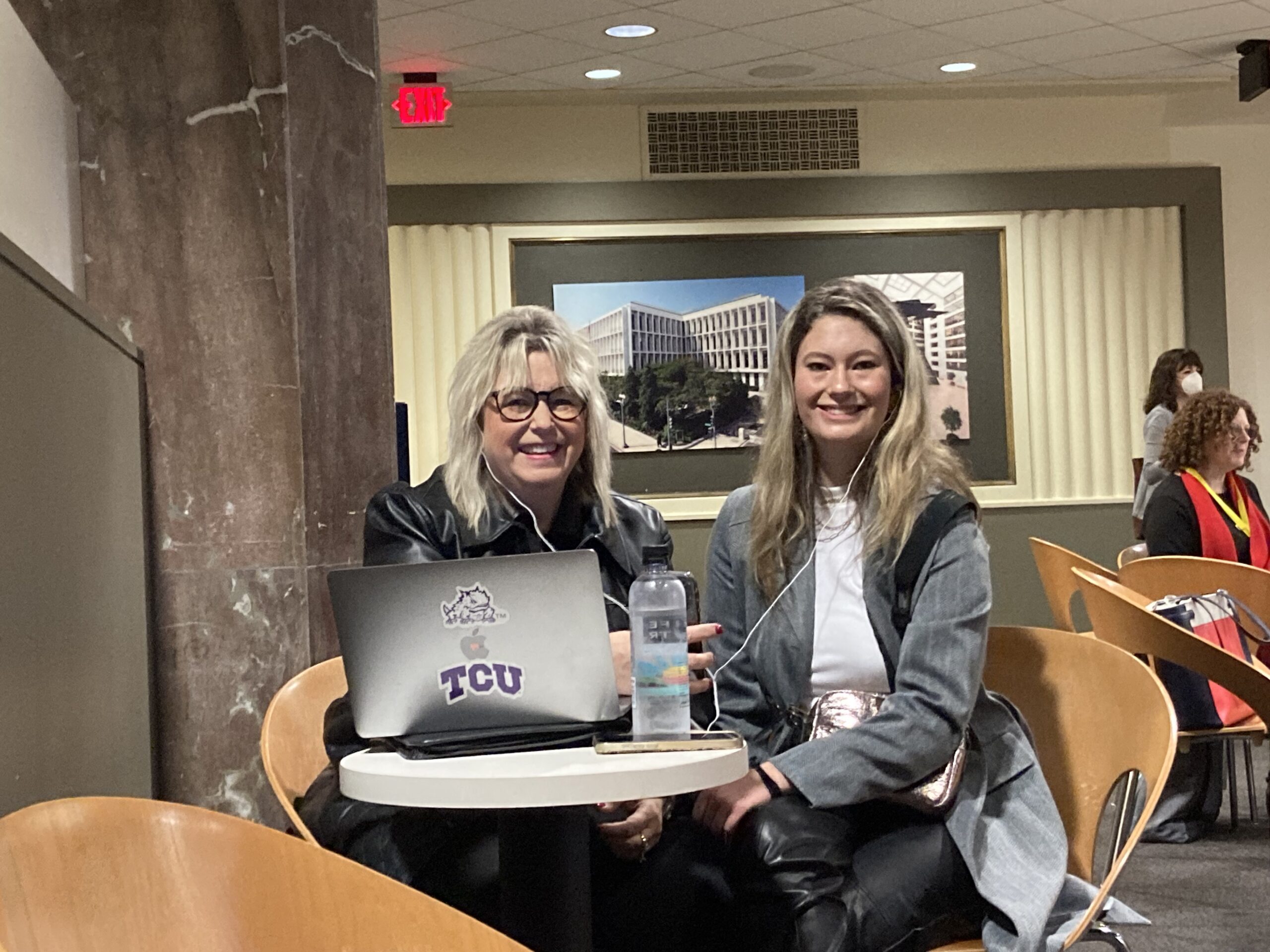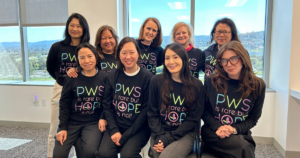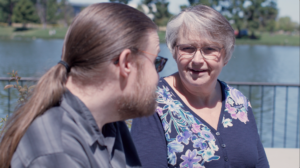
Transitioning into adulthood is a significant milestone for any young person, but for Justice, a 20-year-old living with Prader-Willi syndrome (PWS), this journey brings both challenges and triumphs. Alongside her mother, Kristi, Justice shares her inspiring story of resilience, determination, and the pursuit of independence while managing the realities of PWS. Their experiences shed light on the balance between fostering independence and providing the necessary support for success.
An Early Diagnosis and Lifelong Journey with PWS
Justice was diagnosed with Prader-Willi syndrome at just one month old. For Kristi, the diagnosis brought initial concerns and questions about how PWS would shape Justice’s future. PWS is characterized by various symptoms, including hyperphagia—a hallmark symptom that manifests as a persistent and insatiable sense of hunger. This continuous feeling can create challenges that shape the daily experiences of individuals living with the syndrome.
In addition to hyperphagia, Justice faced many of the other common challenges associated with Prader-Willi syndrome. These symptoms contributed to a commitment early on to creating routines that would help Justice thrive. The family’s early years were focused on understanding the syndrome, adjusting to new routines, and fostering an environment where Justice could grow and succeed.
Navigating School and Social Life
As Justice grew, her journey through school illustrated both the obstacles and victories that come with living with Prader-Willi syndrome. Academics required adaptations to accommodate her needs. For example, tasks that might be straightforward for her peers often took more time and effort for Justice. The adjustments made in her school environment ensured that she could stay engaged and continue learning without feeling overwhelmed.
Social experiences added another layer of complexity. Justice often found herself in situations that required more planning than her peers might need. Activities such as going to a movie or grabbing ice cream with friends became more than just simple outings; they often involved special considerations. The ever-present awareness of food, even in social environments, required Justice to plan ahead and be mindful, skills that would become vital as she moved toward adulthood.
Despite these challenges, Justice’s positive spirit and determination prevailed. She learned to develop strategies for managing the heightened focus on food, which helped her navigate social situations more comfortably. These strategies were not only important for her safety but also played a significant role in building her confidence and independence.
The Importance of a Strong Support System
Justice’s path to independence has always been bolstered by a supportive network. Kristi played a vital role in helping Justice navigate the intricacies of PWS. Their dedication ensured that Justice could develop essential skills, build resilience, and approach challenges with the confidence that she was not alone.
A strong support system allowed Justice to focus on developing a balance between independence and safety. While she strives for autonomy, she understands the importance of the structures that help keep her safe. Kristi’s approach to supporting Justice includes finding the right balance between providing care and encouraging growth. Through their shared experiences, Kristi and Justice exemplify the powerful combination of support and empowerment.
Managing Daily Life and Building a Community with Prader-Willi Syndrome
A significant part of Justice’s journey has been recognizing when and how to ask for support. She understands that independence does not mean handling everything alone; it means knowing how to use the tools and support available to maintain her well-being while continuing to live her life.
Justice is aware of the potential consequences of not making the best choices when it comes to managing the symptoms of Prader-Willi syndrome, and she approaches these challenges with a sense of responsibility. This level of awareness has been cultivated through years of experience, learning, and the constant presence of a supportive family.
Hopes and Aspirations for the Prader-Willi Syndrome Community
Justice’s story is not just about managing Prader-Willi syndrome; it is about the aspirations and dreams that come with adulthood. She is determined to live as independently as possible, finding excitement in pursuing her goals while remaining aware of the support she needs. Her hope extends to the broader PWS community, where she envisions a future where all individuals living with PWS can find a sense of independence.
For Kristi, watching Justice transition into adulthood has been a blend of pride and reflection. While she knows that Justice is ready for more independence, she also values the bond they share and the journey they have taken together. Supporting Justice’s growth has been as much about fostering her capabilities as it has been about ensuring that she feels understood and supported.
A Message of Strength and Resilience, While Coping with the Challenges of Prader-Willi Syndrome
Justice’s path to adulthood showcases the strength and resilience needed to navigate life with Prader-Willi syndrome. Her story is a testament to the power of determination, community, and family support. Justice’s story is a reminder that living with PWS is about embracing one’s strengths, leaning on support when needed, and pursuing a future that is full of promise, regardless of obstacles.
Justice’s journey stands as an inspiring example for others in the PWS community.Through her story, she reminds everyone that living with PWS is not just about managing a diagnosis—it is about nurturing hopes, dreams, and the potential that lies within every individual. She also reminds the community that they’re not alone—Support for Prader-Willi Syndrome features other inspiring stories and valuable resources for individuals living with Prader-Willi syndrome, as well as for those who care for them.
Frequently Asked Questions
What are some early signs of Prader-Willi syndrome in infants?
Hypotonia (muscle weaknesses or “floppiness”), low muscle mass, and difficulty sucking are common symptoms in newborns with PWS.
When is Prader-Willi syndrome typically diagnosed?
Most patients are diagnosed within the first month of life. Nearly all individuals with PWS are identified by their first year.
What are the most common symptoms of PWS? What is Hyperphagia?
The hallmark symptoms of Prader-Willi syndrome include insatiable hunger, growth hormone deficiency, and various behavioral challenges. Hyperphagia is a hallmark symptom of Prader-Willi Syndrome, characterized by insatiable hunger. It typically begins around age four and continues into adulthood. This occurs due to a malfunction in the brain’s appetite regulation, leading to constant hunger, reduced feelings of fullness, and behaviors such as aggressive food-seeking.
C-US-PWS-00067 v1 11/24


